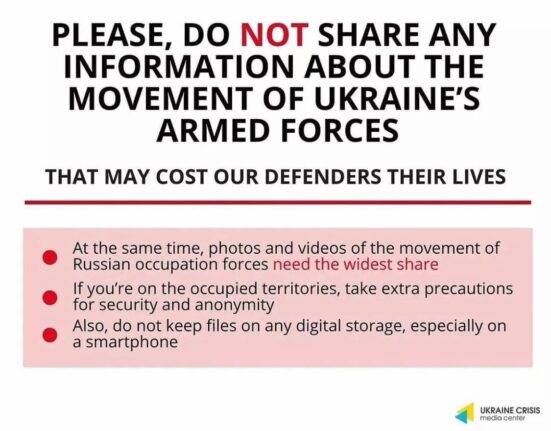Georgian politics stand at a crossroads, torn between the influences of the EU and Russia. A pro-Russian stance has gained dominance, but the battle is far from over. In late March, in Tbilisi, three police officers bound opposition activist Elene Khoshtarian, 45, and stripped her naked in a detention center. Khoshtarian revealed the humiliation, highlighting the police’s attempt to silence her dissent. This act was not an isolated incident but part of a pattern of gender-based violence against female protesters by Georgian authorities. Amnesty International has documented instances of police intimidation, threats of sexual violence, and unlawful stripping of protesters, mirroring Russian tactics of degradation.
“These dehumanizing methods are sadly becoming commonplace here,”
Khoshtarian remarks. Despite the arrests and beatings of hundreds of protesters, no police officer has been held accountable for misconduct. Instead, numerous activists and opposition politicians have faced harsh, politically motivated sentences. The EU’s foreign policy representative, Kaja Kallas, criticized Georgia’s judicial system as part of a “repressive machine.” Recent court rulings have further exacerbated tensions, such as the sentencing of student Giorgi Mindadze to five years in prison for alleged assault during a protest.
Georgian state institutions, according to Khoshtarian, have been hijacked to serve oligarch Bidzina Ivanishvili, a pro-Russian billionaire and founder of the Georgian Dream party. The party, currently in power, has enacted laws restricting civil liberties, including a controversial family values law mirroring Russian policies against so-called “homosexual propaganda.” The opposition, united in its efforts, aimed to shift the country back towards European values in the recent parliamentary elections. However, the disputed results plunged the nation into political turmoil, with the pro-Russian ruling party’s victory sparking widespread condemnation.
The ongoing protests demanding the release of detained demonstrators and new elections underscore not only a political crisis but a geopolitical one threatening Georgia’s existence. Khoshtarian emphasizes the opposition’s commitment to European integration, contrasting it with Russia’s influence, which poses a direct threat to Georgian sovereignty. The nation’s aspirations for EU membership have been a long journey, with the signing of an association agreement in 2014 and a constitutional amendment expressing the goal of EU accession.
Journalist Nika Burduli’s perspective sheds light on the societal divide in Georgia, where nearly 90% support EU membership, particularly among the youth identifying strongly with European values. However, the clash between liberal Western values and traditional Georgian beliefs, particularly regarding sexual and gender minorities, fuels internal discord. The ruling Georgian Dream party exploits this cultural rift in opposition to Western integration, claiming it could lead to conflict with Russia.
Burduli, advocating for EU membership, believes it would bring stability and prosperity to Georgia, aligning with its historical ties and Christian heritage. Despite Russia’s occupation of Georgian territories, he emphasizes the importance of maintaining diplomatic relations. Khoshtarian, on the other hand, calls for severe EU sanctions against pro-Russian Georgian officials, accusing them of jeopardizing the nation’s independence.
The narrative of Georgia’s political landscape intertwines struggles for democracy, human rights, and national identity. As the country grapples with its future direction, the tensions between pro-European and pro-Russian forces continue to shape its destiny.









Leave feedback about this